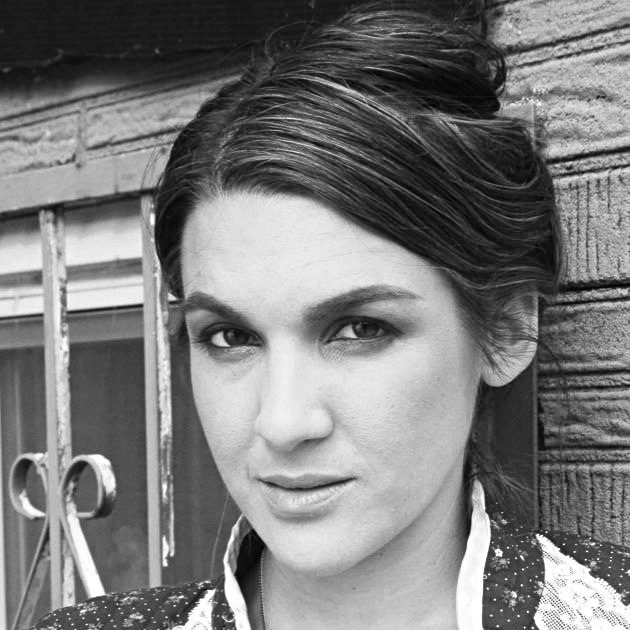 Photo from Max Pixel.
Photo from Max Pixel. For centuries, Jewish women across the world have told the story of Judith during Hanukkah season.
In this cultural moment, it could not be more appropriate. So, let’s join the tradition!
Judith is a young widow, stuck in the state of mourning after her husband unexpectedly has died three years before. She wears her sackcloth and ashes in a city under siege. But when she sees the children beginning to starve as supplies dwindle, and hears the men in power declare that surrender must be God’s will, Judith asks the men to let her try one thing first.
She takes off her sackcloth and ashes, dresses in her finest clothes, and along with her maid, leaves the city under cover of darkness. They walk straight into the enemy camp and pretend they are planning to defect, winning the trust of the army. Over the course of a few nights, Judith works her way into the tent of the enemy general himself, Holofernes. He’s charmed by her, and invites her to a private feast the next night.
Judith returns for the feast in her best dress, with a bag containing a skin of wine and a chunk of salty cheese. She feeds him cheese until he is thirsty, then wine until he is sleepy. As he drifts off, she takes the sword from his bedside and, with her maid, cuts off his head.
Finally, Judith takes the head and impales it on the city gates, and in the morning, the enemy army wakes up, sees their general’s lifeless head, and flees en masse, ending the war.
“What would happen if one woman told the truth about her life? The world would split open.” — Muriel Rukeyser
What a story. Not surprisingly, it’s a favorite of artists, including a female Old Masters painter, Artemisia Gentileschi, the subject of a seven-month sensational rape trial that rocked the 17th-century world; when she painted the scene, many think she gave Judith her face, and the head of Holofernes’ the face of her rapist.
Judith’s story upends the expectations of young women in the ancient world — or ours for that matter. Her victory is not just personal; it’s a triumph for her city, her culture, her people. You could say it’s a miracle, but you could also just say it’s a really smart new strategy.
And a new strategy is needed. After all, in this story, the established power structures have failed. God is not swooping in to save anyone, and the army is powerless to win. Only these two brave women can save their people.
Over the centuries, Jewish women have claimed Judith’s story as part of their living tradition. She’s often associated with Hanukkah, perhaps because of the near-miraculous military victory, or because both the holiday and Judith’s story are apocryphal, not included in the Hebrew Bible.
North African Jewish women celebrated Judith with a Chag HaBanot (Festival of the Daughters) or Eid al-Banat on the seventh night of Hanukkah; Ashkenazi Jewish women told Judith’s story in Yiddish on the eighth night of the holiday; Sephardic women in Turkey read the story of Judith to their children during the festival, as well.
And what about us? Right now, at this moment in American culture, women are beginning to speak the truths in our lives, challenging the structures of power that would keep us silent. We continue to unravel the violence that patriarchy causes women and men. We begin to hold those in power accountable. Judith leads the way, standing in solidarity with us as we discover our voices.
As poet and political activist Muriel Rukeyser wrote in 1968, “What would happen if one woman told the truth about her life? The world would split open.” Judith invites us to do precisely that: to tell the truth about our lives. Through her courage, she reveals our own. A bravery not necessarily predicted by our past actions, a bravery that might call for some reinvention, a bravery that might shatter what is expected of us and rearrange the world in a new structure.
Whether we use this courage for political action, or to carry out important changes in our personal lives, or to speak long-hidden truths, it is time. Time for us to tell the truth about our lives. And in this season of lights, Judith lights the way for us, as she has for so many before.
Alicia Jo Rabins is a writer, musician and Torah teacher who lives in Portland, Ore.






















 More news and opinions than at a Shabbat dinner, right in your inbox.
More news and opinions than at a Shabbat dinner, right in your inbox.